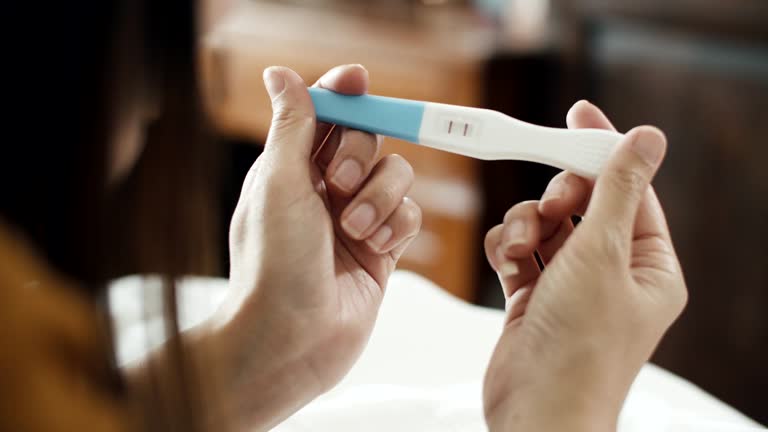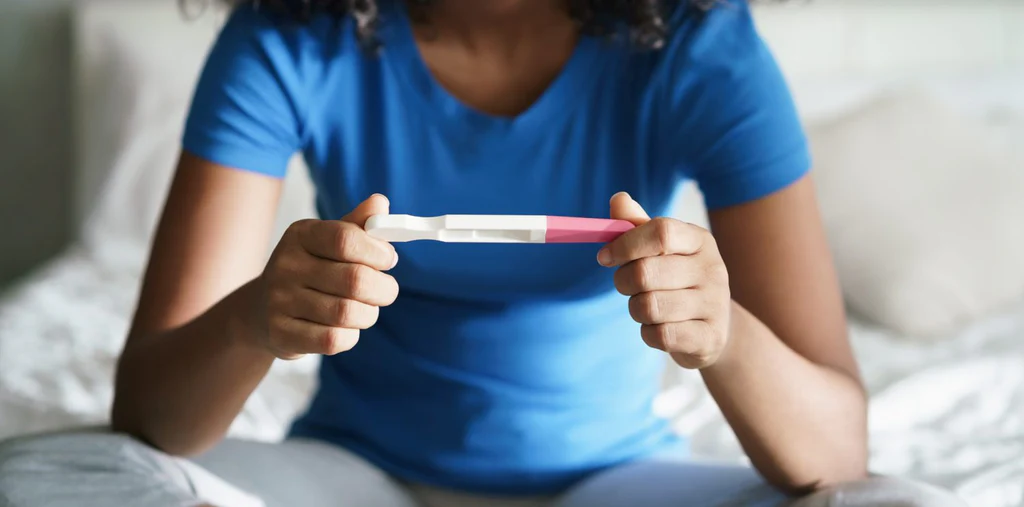Trying to conceive can be an emotional rollercoaster. But did you know that chronic stress can directly interfere with the very hormones responsible for reproduction? Stress is more than an emotional state—it’s a physiological process that can upset hormonal balance, disrupt ovulation, and make conception harder. By understanding how chronic stress affects fertility hormones, you can take proactive steps to protect reproductive health and improve your chances of conceiving.
Understanding the Stress Response Fertility Hormones
When you experience stress—whether from work, relationships, or health concerns—your body releases cortisol and adrenaline. These hormones prepare you for “fight or flight” by increasing heart rate, blood pressure, and glucose levels. While occasional stress responses are normal and even protective, chronic stress keeps cortisol elevated, which can wreak havoc on reproductive hormones like estrogen, progesterone, and luteinizing hormone (LH).
Cortisol’s Direct Impact on Reproductive Hormones
High cortisol levels signal your hypothalamus and pituitary gland to prioritize survival over reproduction. This disrupts the hypothalamic-pituitary-gonadal (HPG) axis, the hormonal system that regulates ovulation and fertility.
- Reduced gonadotropin-releasing hormone (GnRH): Chronic stress lowers GnRH, which decreases LH and follicle-stimulating hormone (FSH)—both necessary for ovulation.
- Lower progesterone levels: Without healthy ovulation, progesterone production may drop, making it harder for a fertilized egg to implant.
- Estrogen imbalance: Cortisol fluctuations can cause irregular estrogen patterns, leading to unpredictable cycles.
Disrupted Menstrual Cycles
Stress-induced hormonal changes often manifest as:
- Irregular periods or skipped cycles
- Shorter luteal phases (the second half of the cycle)
- Heavier or lighter bleeding than usual
These irregularities make it harder to track ovulation or plan conception.
Effects on Male Fertility Hormones
Chronic stress affects men’s reproductive health, too. Elevated cortisol can lower testosterone, reducing sperm count, motility, and quality. Stress may also affect sexual desire and performance, adding another layer of difficulty for couples trying to conceive.
The Role of Prolactin
Stress can increase prolactin, a hormone normally involved in breastfeeding. Elevated prolactin in non-pregnant women can suppress ovulation, disrupt cycles, and reduce fertility potential.
The Hidden Roles of Prolactin, a Vital Hormone
How Lifestyle Factors Intensify Stress-Related Fertility Issues
Certain habits amplify the effects of chronic stress on fertility hormones:
- Sleep deprivation: Raises cortisol and disrupts hormonal rhythms.
- Over-exercising: Excessive physical stress can suppress ovulation.
- Poor nutrition: Skipping meals or relying on processed foods can destabilize blood sugar and hormone balance.
- Substance use: Excess caffeine, alcohol, or smoking can worsen stress responses.
Stress and the Uterine Environment
High cortisol doesn’t just affect ovulation—it can influence the uterine lining, making implantation less likely. Stress can also constrict blood vessels, potentially reducing blood flow to reproductive organs.
Breaking the Cycle: Strategies to Protect Fertility Hormones
1. Practice Stress Management: Meditation, yoga, deep breathing, or mindfulness can help lower cortisol and improve hormonal communication.
2. Prioritize Sleep: Aim for 7–9 hours each night to restore hormonal balance.
3. Nourish Your Body: Choose whole, nutrient-dense foods like leafy greens, lean protein, and healthy fats to stabilize blood sugar and support reproductive hormones.
4. Moderate Exercise: Engage in regular, moderate physical activity such as brisk walking or swimming. Avoid overtraining, which can elevate stress hormones.
5. Seek Emotional Support: Counseling, support groups, or open conversations with your partner can help reduce emotional burden.
6. Limit Stimulants: Cut back on excessive caffeine and alcohol, which can stress the adrenal system.
When to Consult a Healthcare Provider
If you’ve been trying to conceive for over a year (or six months if you’re over 35), or if stress-related symptoms like irregular cycles, fatigue, or low libido persist, consult a fertility specialist or endocrinologist. They may suggest:
- Hormone testing (FSH, LH, progesterone, prolactin, testosterone).
- Cortisol or adrenal function testing.
- Stress management programs tailored for fertility.
Conclusion

Stress is an inevitable part of life, but unchecked chronic stress can quietly interfere with fertility hormones and reproductive health. By recognizing the impact of cortisol and other stress-related hormones, you can take meaningful steps to reduce stress, support your body, and create an optimal environment for conception. Whether through lifestyle changes, emotional support, or medical guidance, breaking the stress-fertility cycle can bring you closer to achieving your family goals.
More interesting articles here : How Stress Can Hurt Your Chances of Having a Baby











